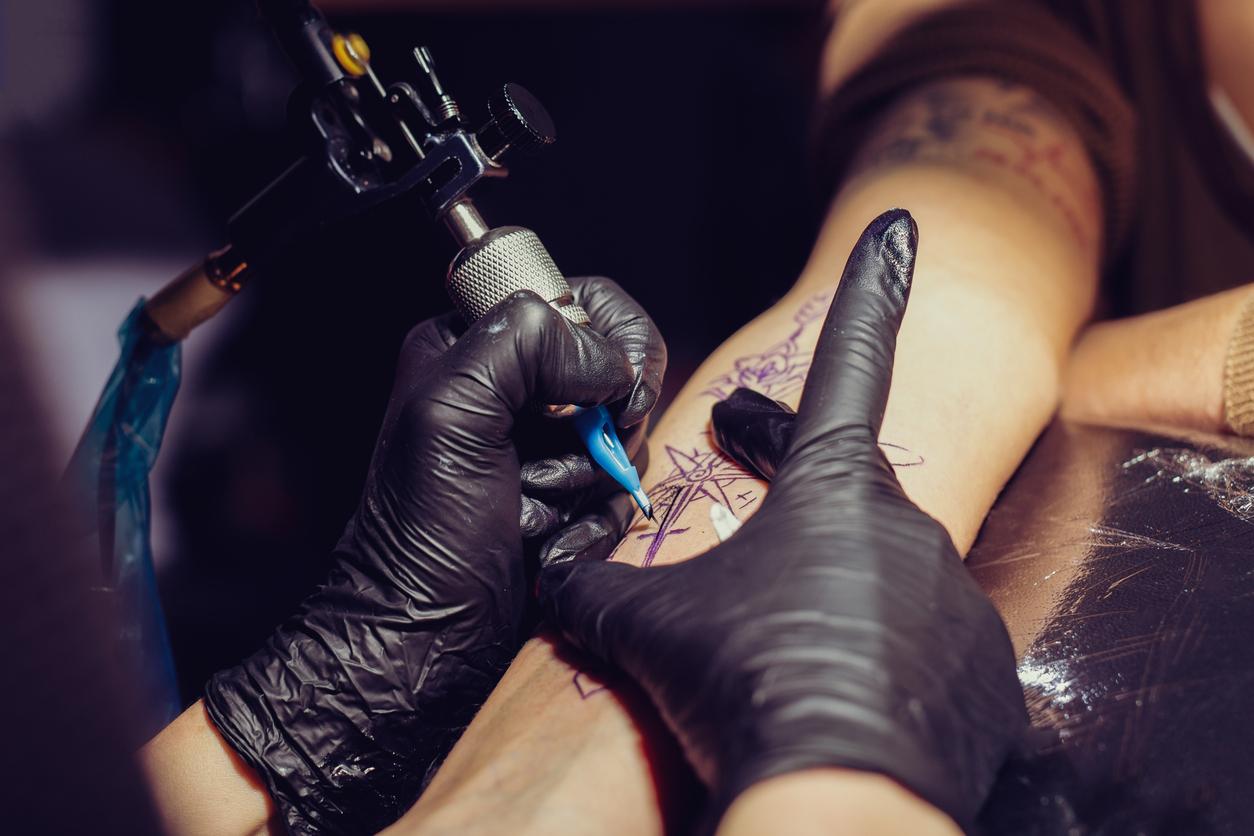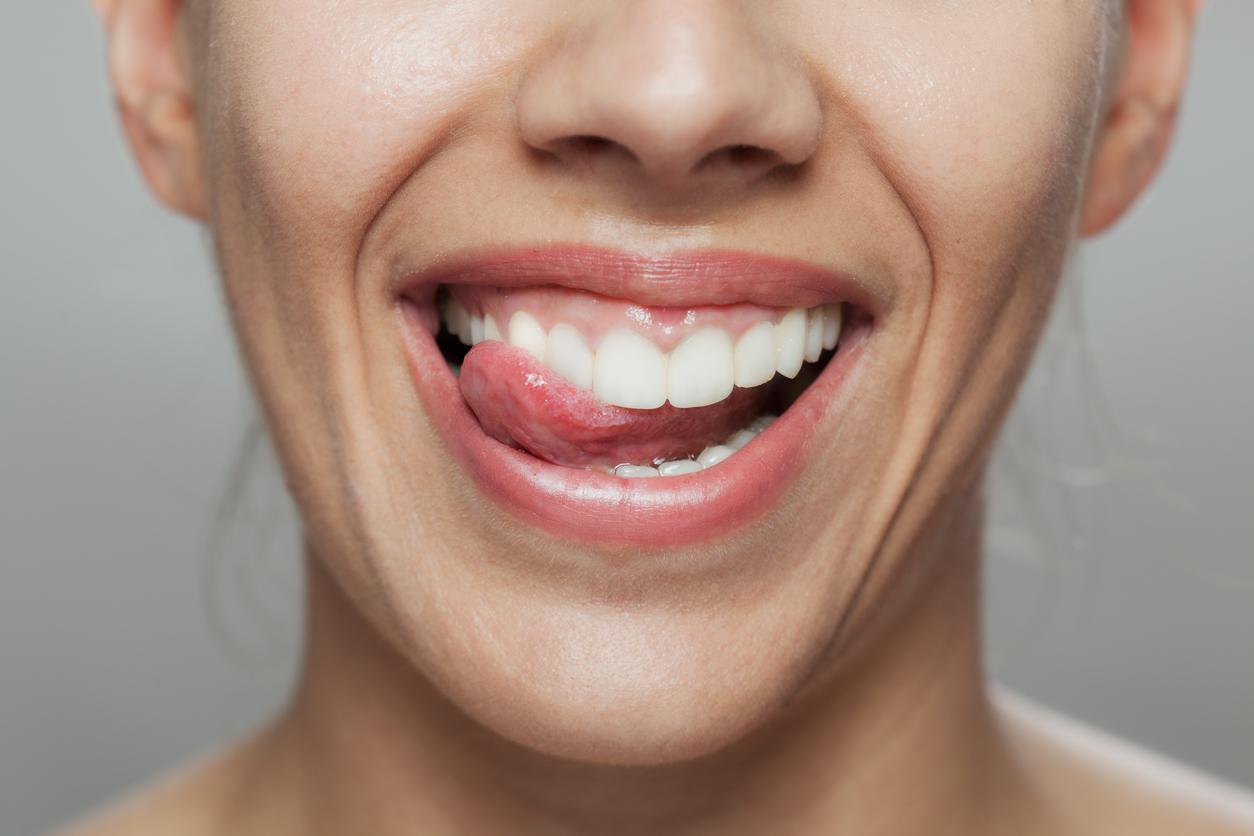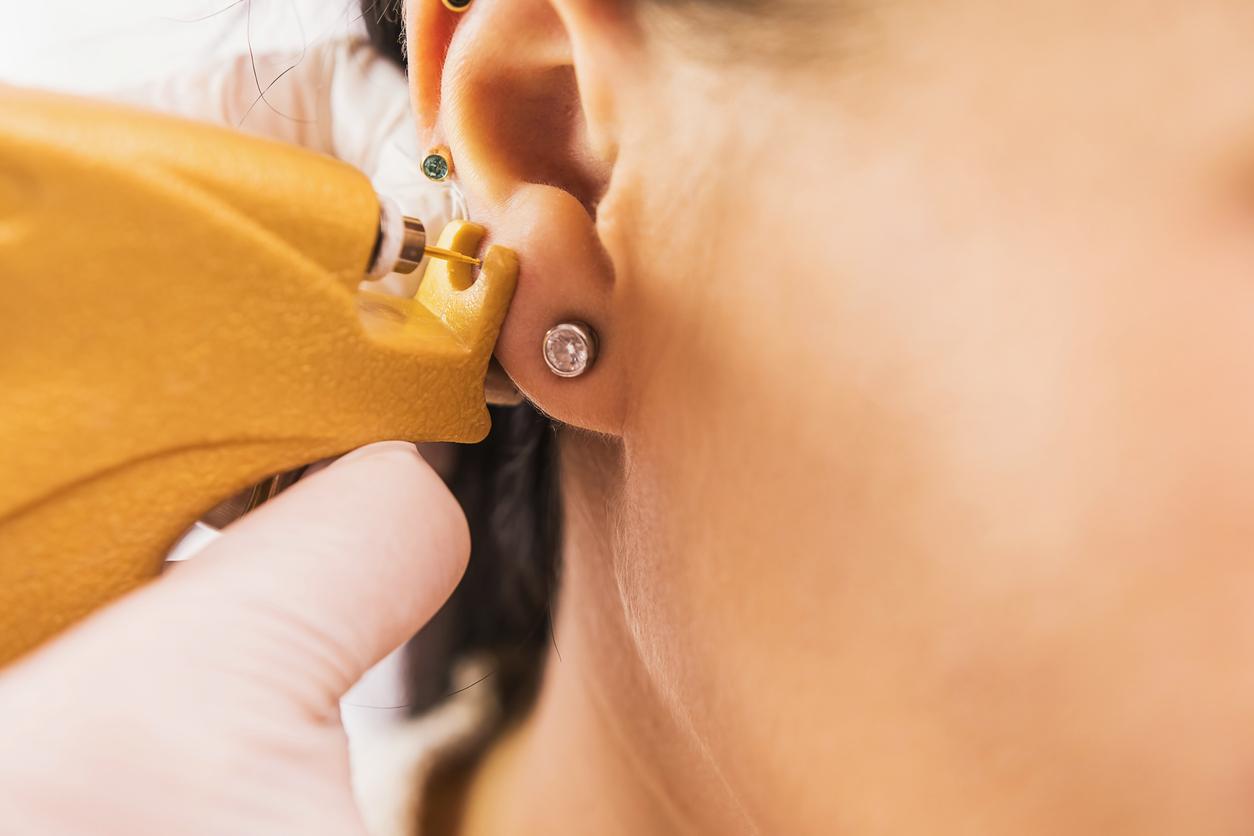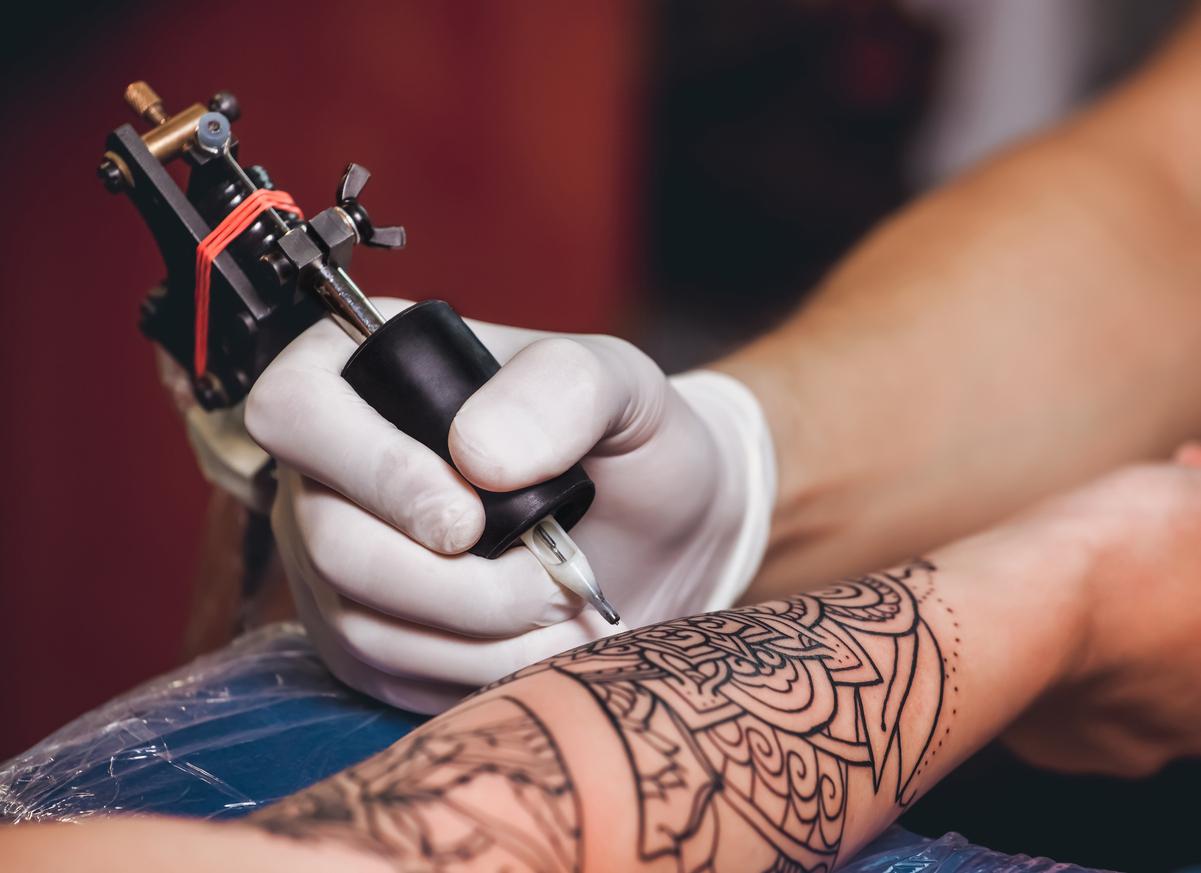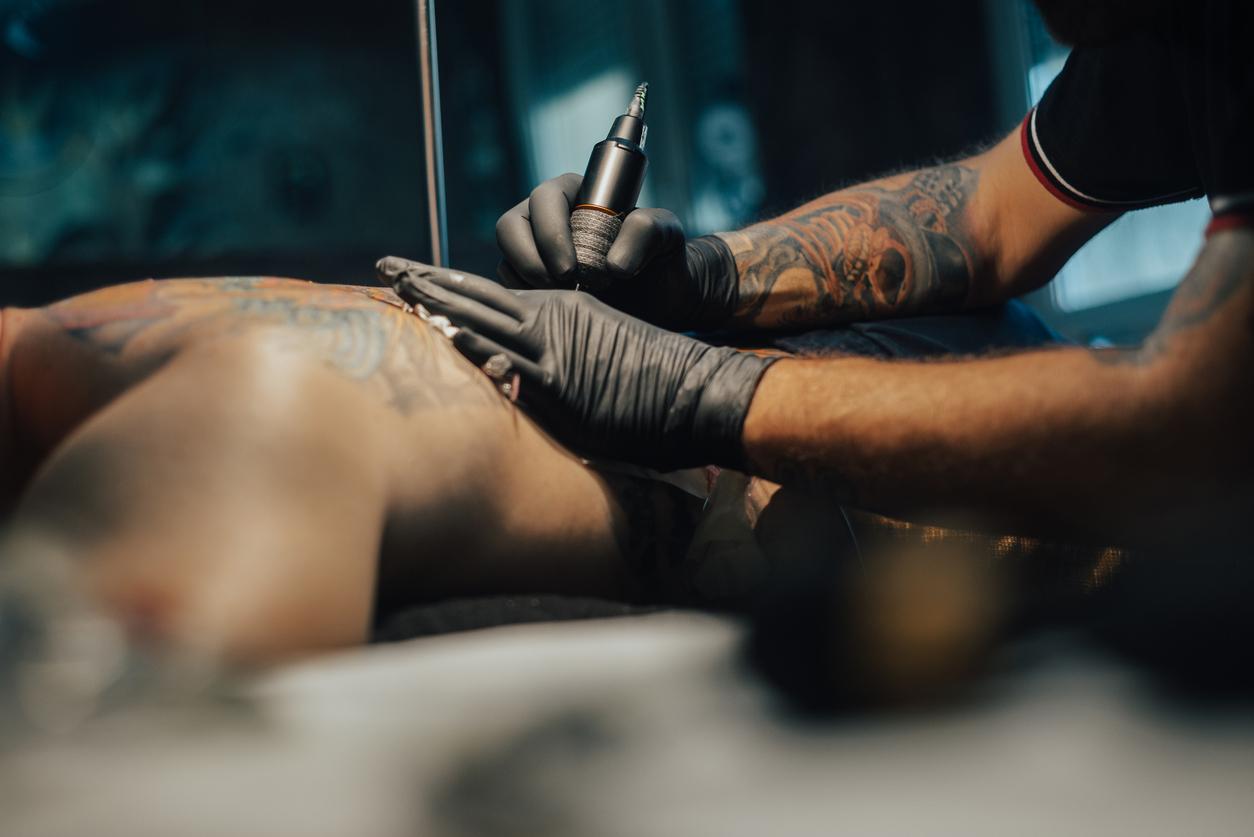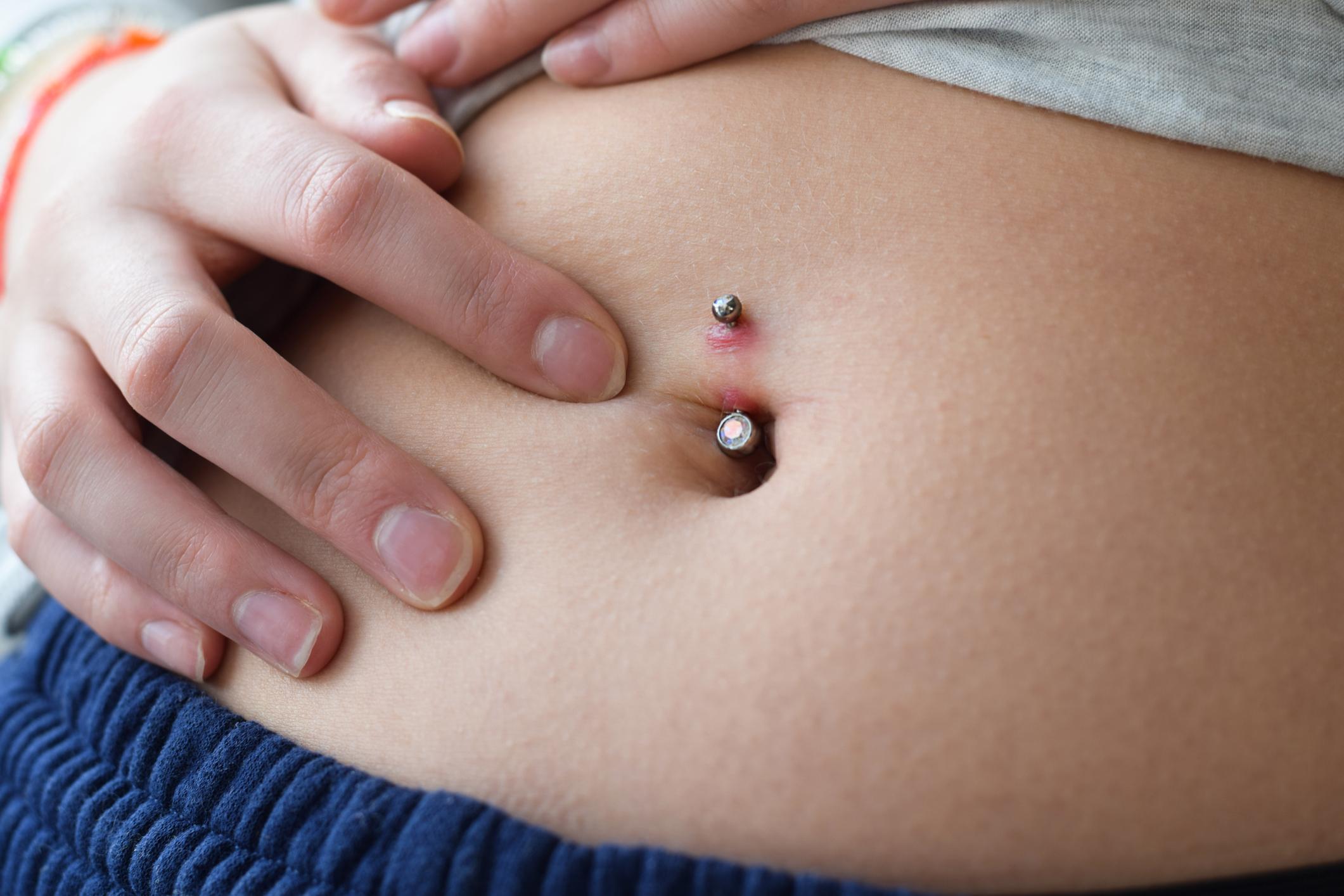Faced with the popularity of tattoos among adolescents, American pediatricians recommend a consultation with the doctor before taking action.
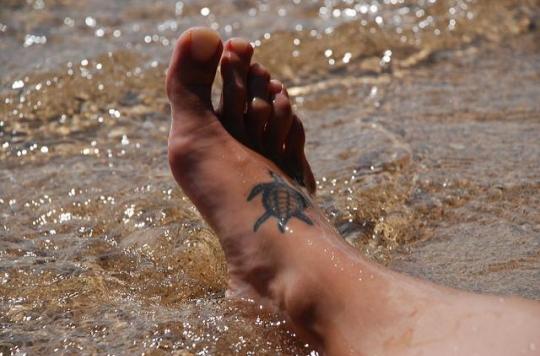
The 2010s are the era of tattooing. They are omnipresent in the streets, in the media, and even on the skin of adolescents. Across the Atlantic, nearly one in three teenagers are already tattooed, according to a survey Harris produced in 2016.
Social interactions, infectious and toxic risks, psychological risks… Tattoos, piercings and artistic scarifications are not trivial acts, remind the American pediatricians.
The American Academy of Pediatrics (AAP) publishes the first report on the subject. It takes stock of the practices and techniques used, and the associated risks. “It is important that young people carefully consider the consequences and risks associated with changes in the body,” say American pediatricians. They recommend that this reflection be done with a doctor.
Stigma
“Tattooing is much more accepted than it was 15 or 20 years ago,” explains Dr. Cora Breuner of the AAP Adolescence Committee. But when I counsel teenagers, I advise them to do their own research, and to think seriously about why they want a tattoo, and what part of the body they want it on.
The pediatrician is indeed worried about the consequences on the future, especially professional, of young people with tattoos. The AAP report refers to a survey carried out in 2014 on 2,700 people, more than three quarters of whom believe that their tattoo or piercing had a negative impact on their job searches.
Choose your living room
The risk of infection is also the most present, regardless of the area of the body tattooed, pierced or scarified. With the multiplication of the number of tattoo parlors, the risks associated with poor hygiene are also increasing. Before taking action, it is recommended to check that the salon is clean, sterile and reputable.
People with impaired immunity should avoid any changes to the body. Whether it is due to an illness, or a drug known to lower the defenses. Finally, vaccines must be up to date.
Pediatricians would also like States to toughen up regulations for tattoo artists: on hygiene rules, as a priority, but also on scarifications in particular, which are not yet as regulated as tattoos.
They would also like salons to provide standard information. “Tattoo and piercing parlors should provide a comprehensive list of dos and don’ts, how the area should be treated, and any signs that might indicate a problem,” says Dr Breuner.
Parental consent
The report also looks at the psychological aspect. The intervention of a pediatrician before any tattooing, piercing, but especially scarification can be important to differentiate a teenager who wants aesthetic improvement from another suffering from a syndrome of non-suicidal self-harm, associated with mental problems. .
“Most of the time, teens just love the aesthetic of a tattoo or piercing, but we recommend that they talk to a parent, or even another adult, about their decision,” adds Dr. David Levine, co-author of the report. They don’t always realize the cost of tattoo removal, or how a tongue piercing can damage teeth. “
In the United States, in some states, tattooing a teenager does not require any special permission. In France, the regulations are harsher: all minors must have written permission from their parents to get a tattoo or a piercing.
.







